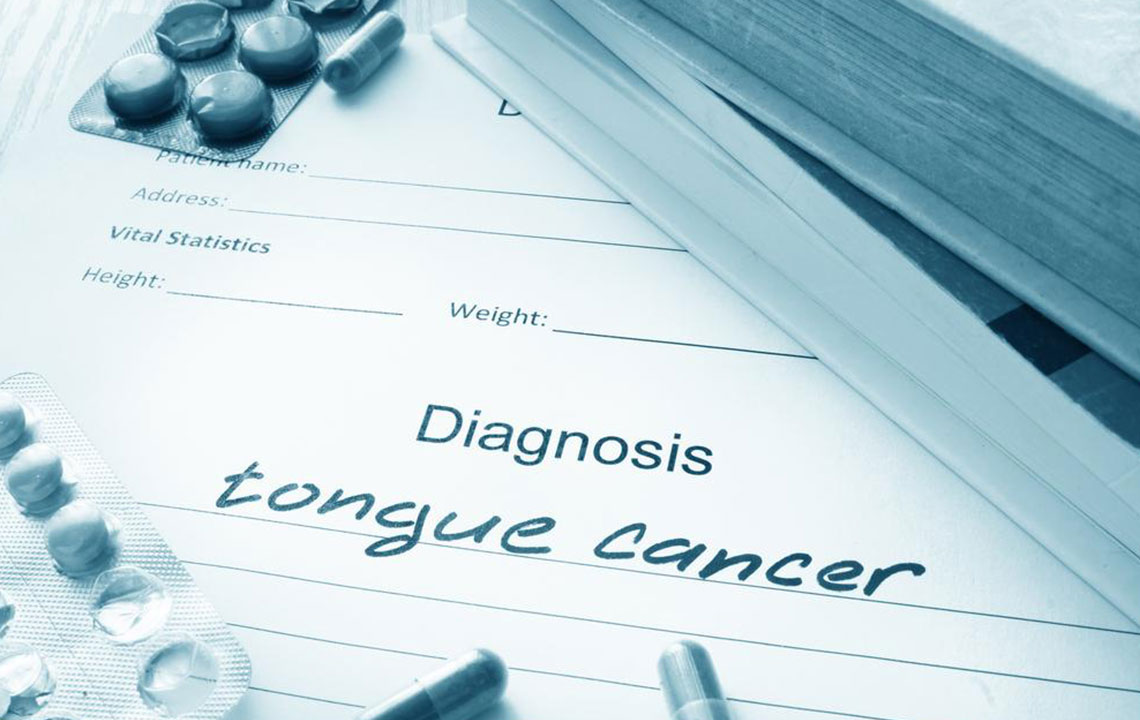Signs and Symptoms of Tongue Cancer You Should Know
This article explores the key signs and symptoms of tongue cancer, stages, and treatment options. Recognizing early symptoms like persistent pain, lumps, and patches can aid in timely diagnosis. Treatment methods including surgery, radiation, targeted therapy, and chemotherapy are discussed to provide comprehensive understanding and encourage prompt medical consultation for effective management.

Signs and Symptoms of Tongue Cancer You Should Know
Tongue cancer originates from the cells within the tongue and falls under oral cavity cancers. Tumors on the front are called "oral tongue cancer," while those at the base are known as "oropharyngeal cancer." The most prevalent type is squamous cell carcinoma, staged by size and spread. Staging involves:
Size (T): T1 indicates a small tumor, T4 a large one.
Spread to lymph nodes (N): N0 means no spread, N3 indicates extensive involvement.
Metastasis (M): Signifies whether the cancer has spread elsewhere.
Grades determine the aggressiveness of the tumor and potential for spread, ranging from slow-growing to highly invasive. Typical symptoms of tongue cancer can resemble other oral issues, making diagnosis challenging. Key indicators include:
Persistent pain in the tongue or jaw
Difficulty moving the tongue or mouth
Presence of lumps inside the mouth
White or red patches on the tongue, gums, or mouth lining
Chronic sore throat or sensation of something stuck in the throat
Pain while swallowing or chewing
Since these symptoms can occur in various conditions, proper medical evaluation is essential for accurate diagnosis.
Treatment Options for Tongue Cancer
Surgical Removal: The tumor is excised based on symptoms and size.
Radiation Therapy: Utilizes radiation to target and destroy cancer cells while sparing healthy tissue.
Targeted Medication: Implements drugs that specifically attack cancer cells, sometimes combined with chemo or radiation.
Chemotherapy: Uses anticancer drugs to eliminate cancer cells, especially effective if the disease spreads to lymph nodes.
Important Notice:
The information provided here about symptoms, diagnosis, and treatments is for educational purposes only. It should not be considered medical advice. Always consult a qualified healthcare professional for assessment and treatment plans tailored to individual health conditions.










